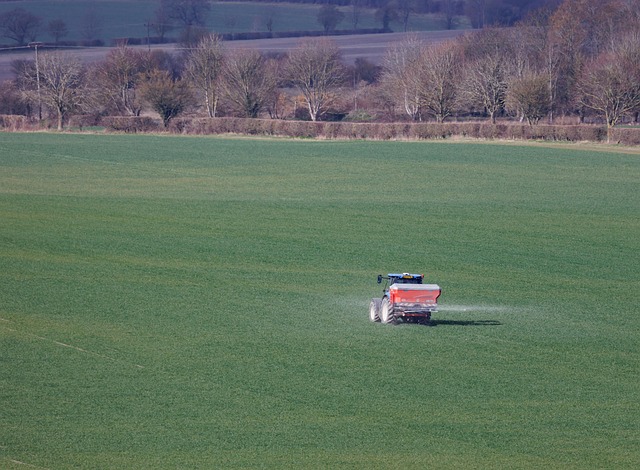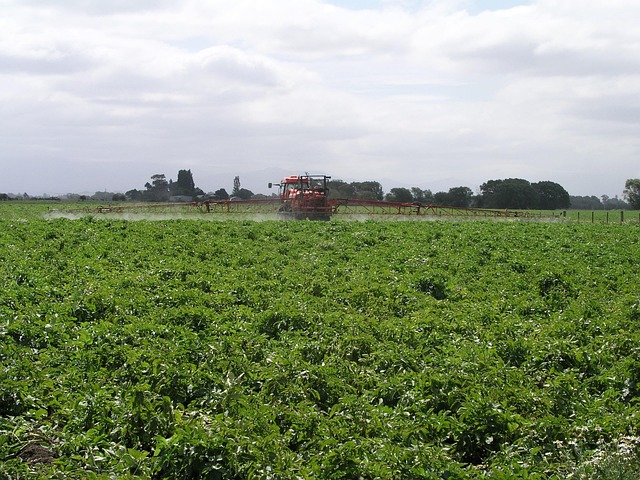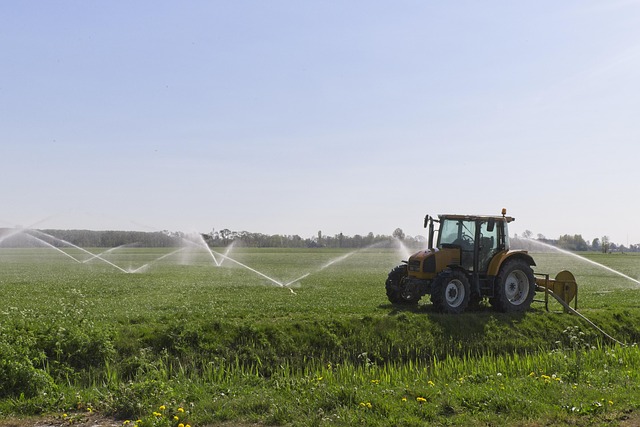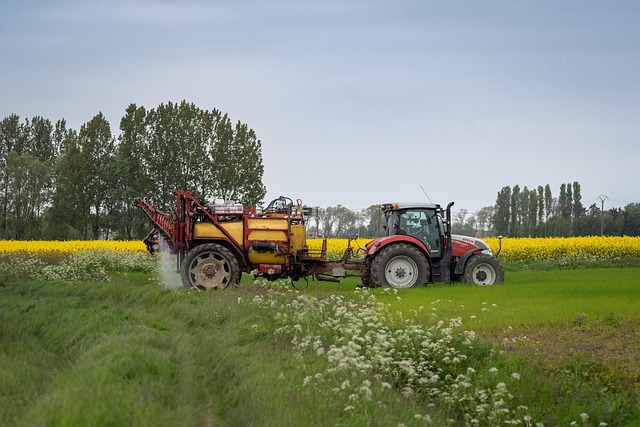Is there a link between exposure to pesticides and cancer risk? According to a new study, 22 pesticides have been linked to an increased risk of developing prostate cancer. Furthermore four of those pesticides have been linked to prostate cancer deaths. However, these findings are not definitive proof that these pesticides caused prostate cancer. According to urologist John Leppert, “This study is really best at finding the potential pesticides that may be linked with prostate cancer, so that we could narrow down the list of things that need to be further studied.” Let’s take a look at the potential link between these pesticides and cancer risk in greater detail.
The Potential Link Between Pesticides and Cancer Risk

Prostate cancer is characterized by the uncontrollable growth of cells within the prostate. Prostate cancer is among the most common types of cancer, particularly among men. Depending on where you live in the United States, your risk of developing cancer varies. However, researchers are unsure why this geographical variation exists. For a while now, researchers have felt that a few pesticides increased prostate cancer risk. However previous studies looking into the subject have provided insufficient data. Some of them only focused on small regions or studied only specific pesticides.
Read More: Higher Olive Oil Consumption Associated With Lower Mortality From Dementia, Study
The Study On The Link Between Pesticides and Cancer Risk

Since previous studies had not revealed much, Leppert and his team decided to examine the use of almost 300 pesticides and prostate cancer rates in more than 3,100 counties across the United States. The counties that used 22 specific pesticides also had a greater rate of prostate cancer cases and deaths after the pesticides were used. The researchers analyzed the use of pesticides and cancer outcomes in two separate time periods. The first time period focused on the use of pesticides from 1997 until 2001. That was followed by an examination of the cancer outcomes from 2011 to 2015. The following examined the used of pesticides from 2002 to 2006. It then examined the cancer incidence from 2016 to 2020.
Results Of The Study

The reason there is a long gap between the use of pesticides and cancer diagnosis is because prostate cancer progresses over time. According to the study’s results, there were 22 pesticides that exhibited links to a rise in prostate cancer rates in both time periods. Among these pesticides was 2,4-D, a popular herbicide used to kill unwanted weeds. According to Leppert, their aim is to better understand environmental exposures so that they can be better doctors to their patients. “Hopefully, our understanding of a patient’s environment will help us to catch prostate cancer early and, if needed, to treat it better,” stated Leppert.
Read More: Frequent Urination: Understand the Causes and When to Seek Help
Symptoms of Prostate Cancer

The presence of blood in the urine, known as hematuria, is one of the most concerning early prostate cancer signs. Another early symptom of prostate cancer is trouble urinating. This occurs when the urethra is squeezed by an expanding prostate gland. Pelvic pain is an indication of advanced prostate cancer. The pain could be in the lower abdomen, perineum, lower back, or hips. Another prostate cancer sign to be aware of is the need to urinate more frequently than usual, particularly at night. When the prostate gets large enough to clog the urethra, it frequently results in decreased urine flow. Prostate cancer symptoms may also include bone and joint pain. This could signal that the cancer has metastasized. While these symptoms aren’t always the result of prostate cancer, it’s best to have yourself properly evaluated to establish the exact cause.
The Bottom Line On The Link Between Pesticides and Cancer Risk

The results of this large-scale investigation offer persuasive evidence that particular pesticides may be associated with a higher risk of prostate cancer. While the study does not provide definitive answers, it is an essential step toward understanding how environmental exposures may affect prostate cancer risk. However, it must be remembered that correlation does not imply causation. The study doesn’t prove that those pesticides definitely cause prostate cancer; rather, it flags them for further examination. This type of work may potentially lead to legislative changes in pesticide control or earlier screening in areas considered high-risk. Hopefully, future studies will reveal more about the potential link between the use of pesticides and cancer risk.
Read More: Some Cooking Oils in People’s Diet Are Now Being Linked to Prostate Cancer, Study

